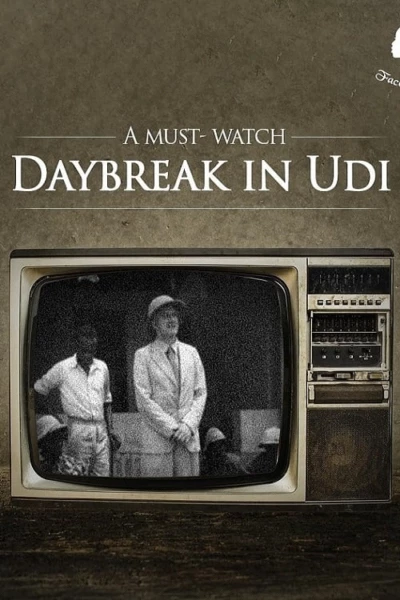Sabaka (1955)
February 2, 1955Release Date
Plot.
Where to Watch.
 Subs
Subs Free
Free Ads
Ads Free
Free Subs
Subs Ads
Ads Subs
Subs Subs
SubsCurrently Sabaka is available for streaming online, rent, buy or watch for free on: Cultpix, Plex, Tubi TV, Plex Channel, Amazon Prime Video with Ads, Cineverse, Amazon Prime Video, ScreenPix Apple TV Channel
Streaming in:🇺🇸 United States

Cast & Crew.
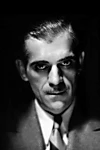
Boris Karloff
General Pollegar

Nino Marcel
Gunga Ram

Lou Krugman
Maharajah of Bakore

Reginald Denny
Sir Cedric

June Foray
Marku Ponjoy - High Priestess of Sabaka

Victor Jory
Ashok

Jay Novello
Damji

Lisa Howard
Indira

Peter Coe
Taru

Paul Marion
Kumar

Vito Scotti
Rama

Louis Merrill
Koobah
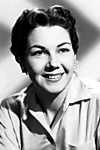
Jeanne Bates
Durga
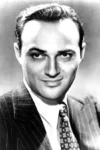
Lawrence Dobkin
General's Aide (uncredited)

Frank Ferrin
Writer / Director

Jack McCoskey
Director of Photography
Media.
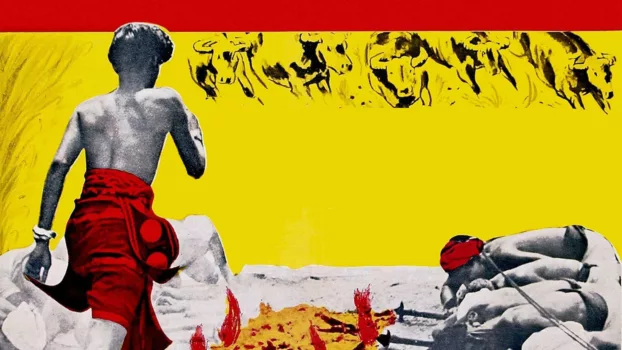

Details.
Release DateFebruary 2, 1955
StatusReleased
Running Time1h 17m
Content RatingNR
Genres
Last updated:
This Movie Is About.
Wiki.
Sabaka (originally to be called Gunga Ram) is a 1953 American adventure film written, directed and co-produced by Frank Ferrin, filmed partially on location in India. The film also starred Victor Jory, Boris Karloff, Peter Coe, Reginald Denny, June Foray and Jay Novello.
The film was about the adventures of an Indian boy named Gunga Ram, played by Nino Marcel. (Ferrin also produced and directed the 1955 television show Andy's Gang, and a number of Gunga Ram's Indian adventures were later broadcast on Andy's show as short subjects. "Gunga Ram" actor Nino Marcel actually appeared live on the show with Andy Devine on two occasions.)
In February, 1953, immediately following the completion of Abbott and Costello Meet Dr. Jekyll and Mr. Hyde, it was announced that Boris Karloff would return to England to star in a Jules Verne movie, but the project was cancelled and Karloff was signed for Sabaka instead. Most of Sabaka was shot in India, but Karloff's and Victor Jory's scenes were all shot in Hollywood.
The film was originally to be titled Gunga Ram, but RKO Pictures complained the title was too similar to their Gunga Din (1939). The picture was briefly renamed The Hindu for its May 15, 1953 premiere screening, and was later again changed to Sabaka just before its general release in February 1955.
You May Also Like.

The Ice Age Adventures of Buck Wild (2022)
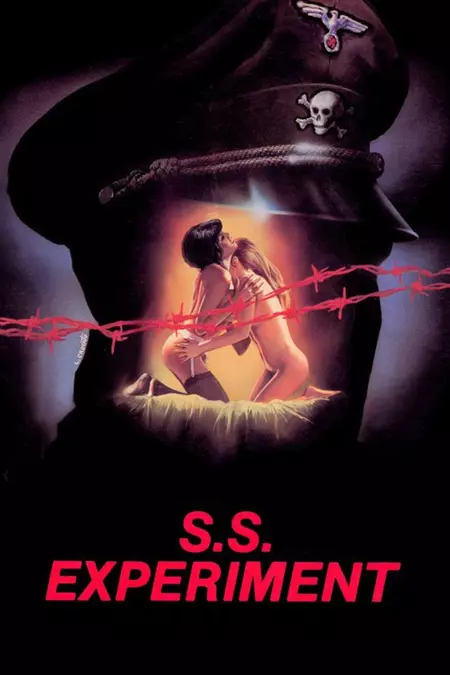
SS Experiment Love Camp (1976)

Magnum Opus (2022)

Dragon Knight (2022)
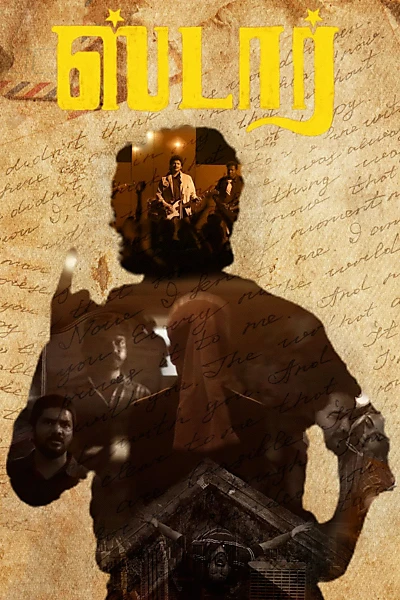
Star (2024)

Super Fantozzi (1986)

Star! (1968)

Kamen Rider SD: Strange?! Kumo Otoko (1993)
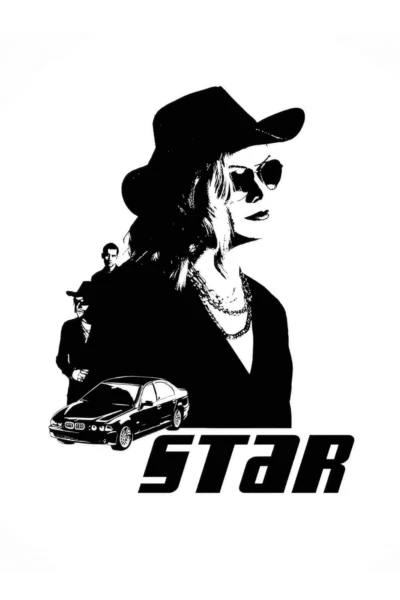
Star (2001)
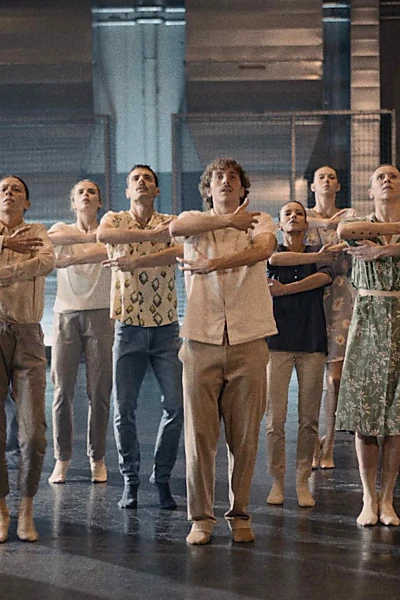
Return (2024)
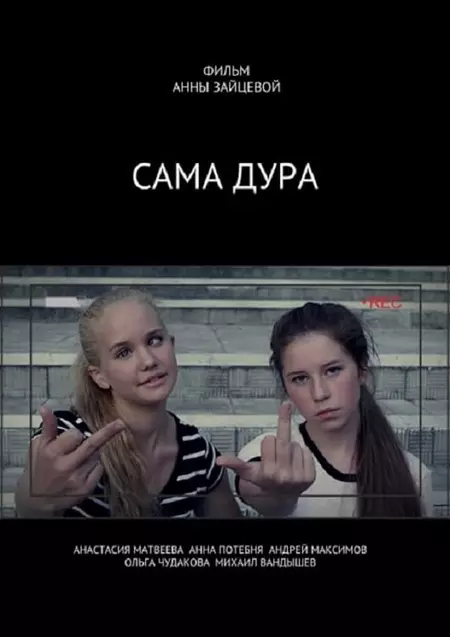
No, You're Stupid (2016)

Mobile Suit SD Gundam (1988)
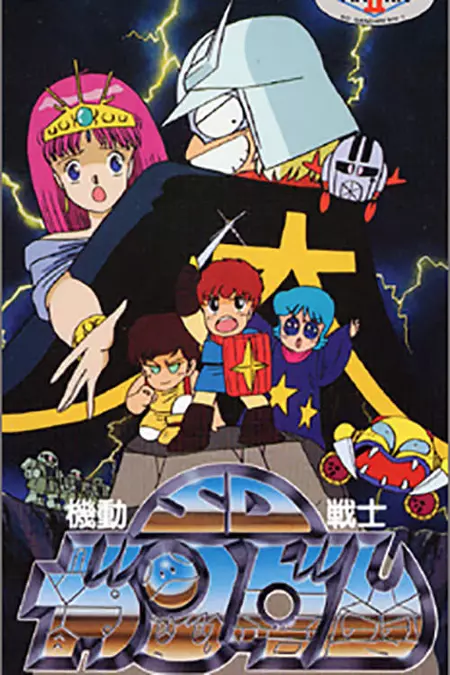
Mobile Suit SD Gundam Mk II (1989)
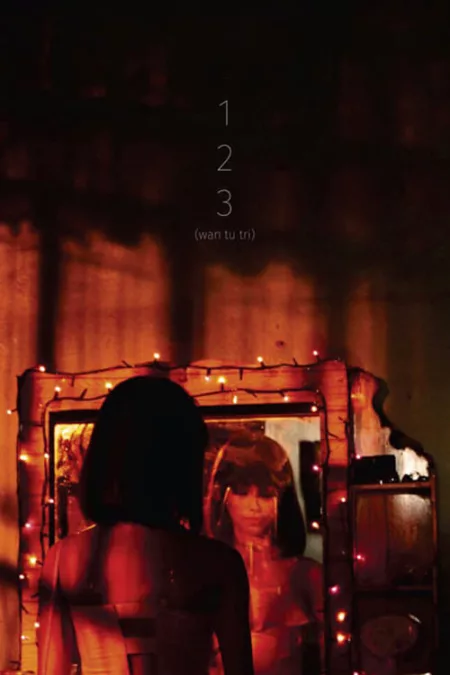
Gasping for Air (2016)
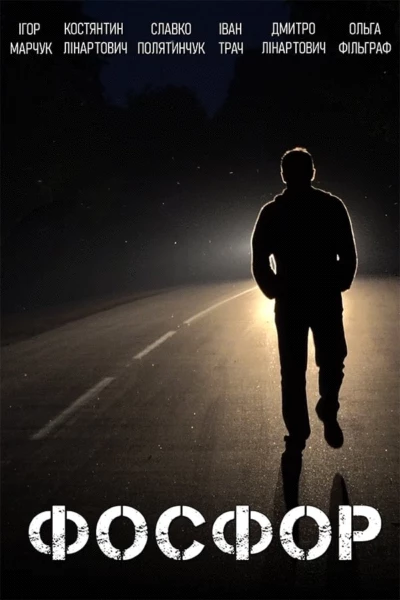
Phosphor (2023)

Mobile Suit SD Gundam Mk IV (1990)

Men (2017)

Barbie (1977)
